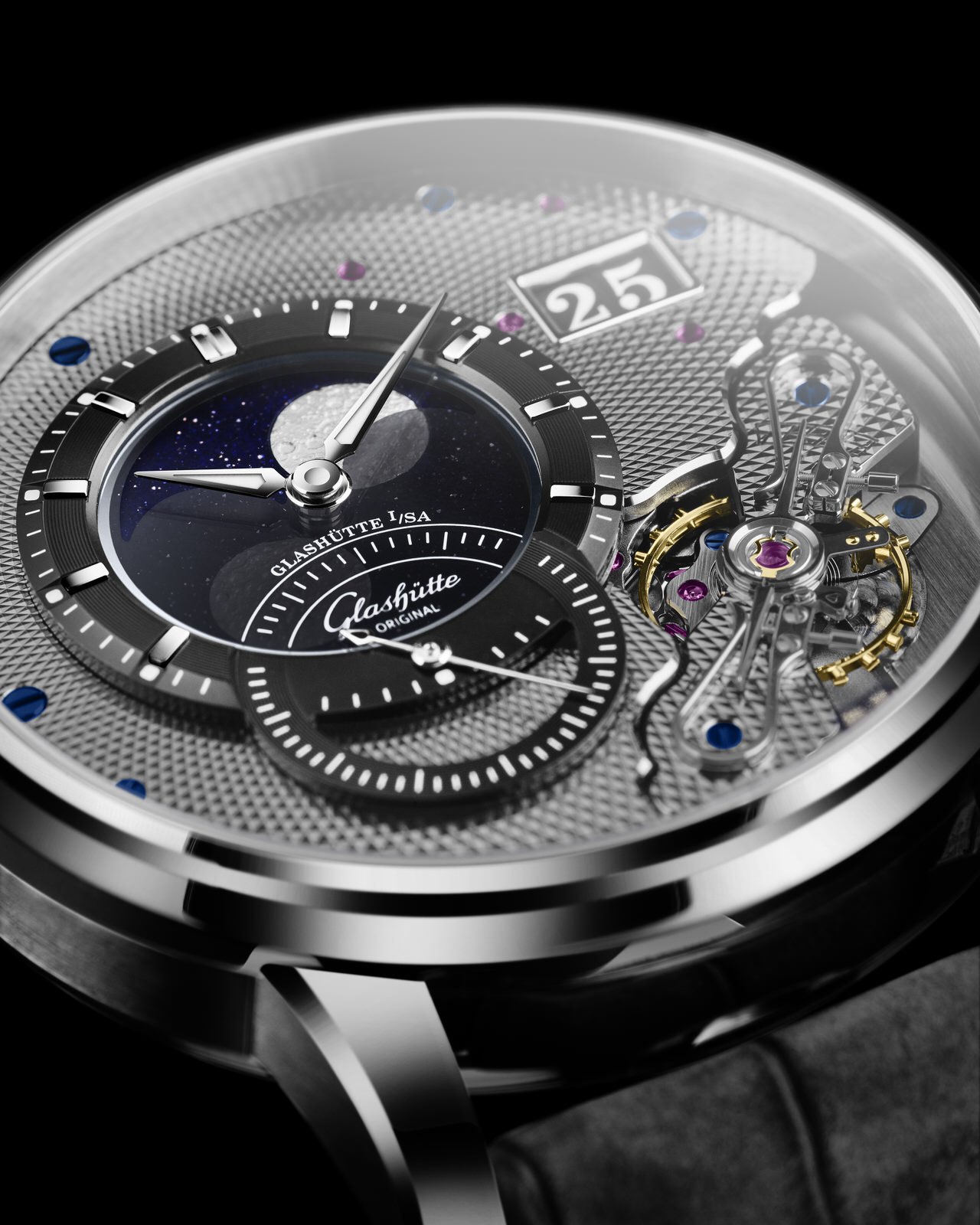Choosing a watch loupe
The loupe is without a doubt one of the most important tool a watchmaker must have. They would not be able to do certain functions that requires extreme precision due to how small the components are. Watch collectors are also starting to use and bring their own loupes as it helps them judge details of watches. However, there are a plethora of loupes and it gets confusing in choosing a watch loupe.
One must understand how a loupe works to understand the differences. Comparing a loupe to a camera lens would be a very good way of understanding how it should work. Both follows physics where light enters and the lenses refract it to produce a bigger image, but that is only one part.
Quality of lens
Photographers would often say to invest in lenses than bodies. It goes the same way in loupes. Cheap loupes are made with simple lenses. They will often return a low quality magnified view of the image. However, the quality is not the most important factor for watchmakers as long as they are seeing what they want to see. However, it’s a different case for people wanting to take a magnified image using a loupe where image quality is of utmost importance.
There are also loupes that are coated to further improve quality. This corrects the abberations and distortions that a simple lens loupe displays, but this also comes at a price.
Number of lens
No modern camera lens have only one lens (single element) and for good reasons. It will mostly suffer from optical distortions, a narrow depth of field and even abberations. Adding more lenses corrects these flaws, but also adds weight and size. Such watchmaking loupe examples are the doublets and triplets loupes.
These two are some of the important factors in choosing a watch loupe. Some would add that ergonomics also plays a part, but I believe it’s less so for the general watch collector.

A Bergeon loupe vs the Loupe System
Overall, choosing a watch loupe will depend on one’s use. If one does not need high imaqe quality, most basic loups would suffice. However, if there’s any requirement for a high precision viewing, one must go into the more expensive loupes with better quality and higher number of lens.









